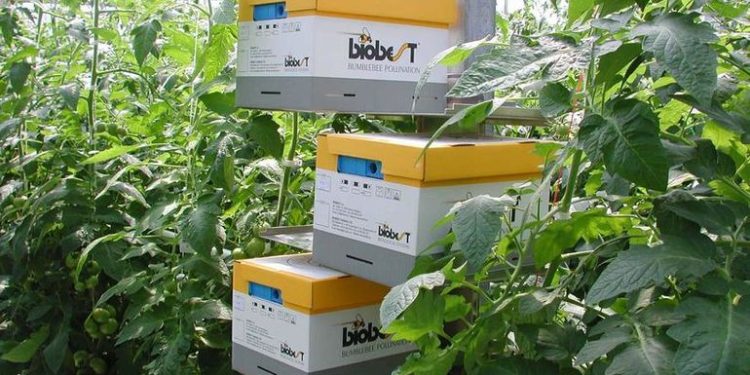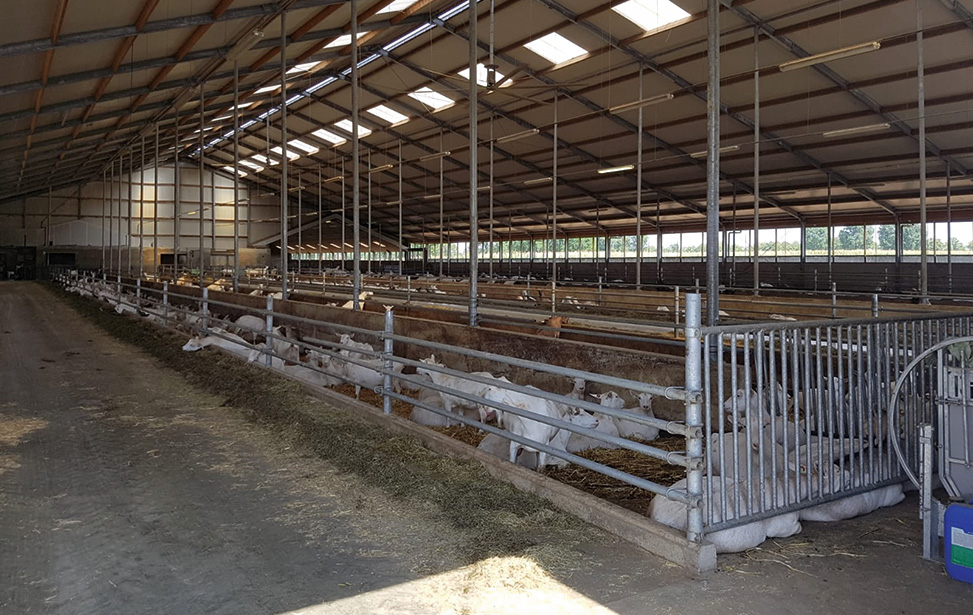#Rosselkhoznadzor #importban #bumblebees #EuropeanUnion #greenhousepollination #biosecurity #agriculturaltrade #agriculturalregulations
Russia’s Federal Service for Veterinary and Phytosanitary Surveillance, known as Rosselkhoznadzor, has implemented a ban on the import of bumblebees from European Union (EU) countries. The ban is a result of the insects lacking confirmation of their epidemiological and veterinary-sanitary well-being, which are essential for their use in greenhouse plant pollination. This article explores the reasons behind the ban, the concerns raised by the Association of Entomologists and Bumblebee Keepers, and the potential consequences of this development.
The recent decision by Rosselkhoznadzor to ban the import of bumblebees from EU countries has raised concerns within the agricultural community. Bumblebees are widely used for the pollination of greenhouse plants due to their effectiveness in improving yields. However, the lack of confirmation regarding the insects’ epidemiological and veterinary-sanitary well-being has prompted the regulatory agency to take this precautionary measure.
The Association of Entomologists and Bumblebee Keepers has expressed apprehension regarding the potential introduction of viruses and pathogens through imported bumblebee families and their feed. These organisms could pose significant risks to cultivated crops within the greenhouses and may also spread among agricultural workers and consumers. To address this situation and ensure the safety of the insects being supplied to Russia, Rosselkhoznadzor has sent a request for video negotiations to the Directorate-General for Health and Food Safety (DG SANTE) of the European Commission. However, as of now, no response has been received.
Rosselkhoznadzor has emphasized that the ban, which came into effect on June 20, will remain in place until negotiations are conducted and official guarantees are obtained regarding the well-being of the insects in their country of origin. These guarantees include the absence of clinical symptoms and suspicions of diseases in the bumblebees before their shipment.
The ban on bumblebee imports from the EU for greenhouse pollination purposes is expected to have several consequences. Firstly, Russian greenhouse cultivators may face a shortage of bumblebees, leading to a potential decline in crop yields. Farmers heavily rely on these insects for efficient and effective pollination, which directly impacts the quality and quantity of their produce.
Additionally, the ban may disrupt trade relations between Russia and EU member states in the agricultural sector. The EU has been a significant supplier of bumblebees for greenhouse pollination, and this restriction could result in economic losses for both parties involved. It may also create opportunities for alternative markets or domestic bumblebee breeders within Russia to meet the demand.
From a broader perspective, the ban highlights the importance of biosecurity measures in international trade. The concern raised by Rosselkhoznadzor regarding the potential transmission of diseases through imported bumblebees underscores the need for rigorous inspections and certification processes. This development could lead to stricter regulations and protocols for the importation of live organisms used in agriculture, emphasizing the significance of health and safety precautions.
Rosselkhoznadzor’s ban on the import of bumblebees from the EU for greenhouse pollination reflects the agency’s commitment to safeguarding agricultural interests and public health. While the ban may present short-term challenges for Russian greenhouse cultivators, it also highlights the importance of ensuring the well-being and safety of imported organisms. Going forward, this development may spur improvements in biosecurity measures and trade practices related to the importation of live organisms for agricultural purposes.










